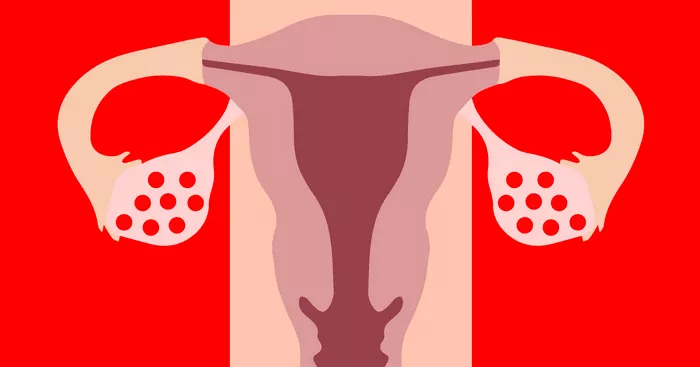Bacterial vaginosis (BV) is a common vaginal infection characterized by an imbalance of bacteria in the vagina. While BV can cause discomfort and discomfort, there is often confusion about its potential impact on fertility. In this article, we aim to dispel myths and provide clarity on whether untreated BV can lead to infertility.
Understanding Bacterial Vaginosis (BV)
Before delving into the potential link between untreated BV and infertility, it’s crucial to understand what BV is and its typical symptoms:
Bacterial vaginosis (BV) is a common vaginal infection characterized by an imbalance of bacteria in the vagina. To fully grasp its potential impact on fertility, it’s crucial to delve into the nuances of BV:
Vaginal Microbiota:
The vagina contains a delicate balance of bacteria, including beneficial Lactobacillus species, which help maintain a healthy acidic environment. In BV, this balance is disrupted, leading to an overgrowth of harmful bacteria such as Gardnerella vaginalis, Prevotella spp., and Atopobium vaginae.
Disruption of Vaginal Flora:
BV results in a decrease in the population of Lactobacillus species and an increase in the abundance of pathogenic bacteria. This shift in vaginal flora can lead to changes in pH levels and the production of volatile compounds, contributing to the characteristic symptoms of BV, including malodorous vaginal discharge.
Common Symptoms:
The hallmark symptom of BV is an abnormal vaginal discharge that is typically grayish-white in color and has a fishy odor. Women with BV may also experience vaginal itching, irritation, and discomfort during urination or sexual intercourse. However, it’s important to note that not all individuals with BV exhibit symptoms, and some may remain asymptomatic.
Risk Factors:
Several factors can increase the risk of developing BV, including douching, multiple or new sexual partners, unprotected sex, smoking, hormonal fluctuations (such as those occurring during menstruation or pregnancy), and certain medical conditions (such as diabetes or immunodeficiency).
Diagnostic Criteria:
BV is typically diagnosed based on clinical evaluation and laboratory testing.
Dispelling Myths about BV and Infertility
Myth:
Untreated BV Always Leads to Infertility: There is a common misconception that untreated BV invariably leads to infertility. However, the reality is more nuanced. While BV can impact reproductive health and increase the risk of certain complications, such as pelvic inflammatory disease (PID), it does not always result in infertility.
Fact:
BV Can Affect Fertility in Some Cases: While BV itself may not directly cause infertility, it can increase the risk of complications that may impact fertility. For example, untreated BV can lead to inflammation and infection of the reproductive organs, such as the uterus, fallopian tubes, and ovaries, which can interfere with fertility.
Understanding PID:
Pelvic inflammatory disease (PID) is a serious complication of untreated BV and other sexually transmitted infections (STIs). PID can cause scarring and damage to the reproductive organs, including the fallopian tubes, which may result in infertility or an increased risk of ectopic pregnancy.
When to Seek Treatment for BV
Persistent Symptoms:
If you experience symptoms of BV, such as abnormal vaginal discharge or discomfort, it’s essential to seek medical attention promptly. BV is typically diagnosed based on symptoms and clinical examination, and treatment usually involves antibiotics to eradicate the infection.
Recurrent BV:
Individuals who experience recurrent episodes of BV may benefit from additional evaluation and management to identify underlying factors contributing to BV recurrence. This may include lifestyle modifications, such as practicing good genital hygiene and avoiding douching, as well as addressing potential risk factors such as sexual practices or hormonal imbalances.
Preventing Complications:
Treating BV promptly is important not only for relieving symptoms but also for preventing potential complications, including PID and its associated risks to reproductive health. Early detection and treatment of BV can help minimize the risk of complications and protect fertility.
Conclusion:
In conclusion, while untreated BV can increase the risk of complications that may impact fertility, it does not necessarily lead to infertility in all cases. However, prompt diagnosis and treatment of BV are essential for protecting reproductive health and minimizing the risk of complications such as PID. If you have concerns about BV or experience symptoms suggestive of an infection, consult with a healthcare provider for evaluation and appropriate management. By prioritizing reproductive health and seeking timely intervention when needed, individuals can take proactive steps to safeguard fertility and overall well-being.























